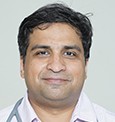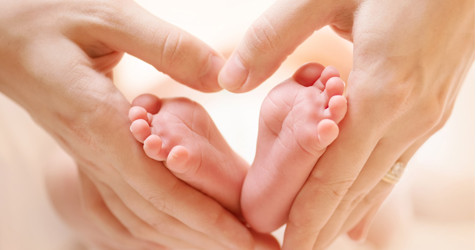What are Pediatric Cardiac Services?
Cardiac disease affects millions of children worldwide. Cardiology is one of the subspecialties of medicine dealing with heart conditions. On the other hand, paediatrics is the branch of medicine concerned with child health care. A cardiologist is a physician who specializes in diagnosing and treating cardiovascular problems. There are many types of cardiologists. Some specialize in adult patients while others focus only on children. Most cardiologists work in hospitals and clinics. They treat adults and children. However, some may work in private practices.
Pediatric cardiac diseases affect children under 18 years old. These diseases include congenital defects, rheumatic fever, coronary artery anomalies, myocarditis, hypertrophic cardiomyopathy, dilated cardiomyopathy, arrhythmias, and sudden death syndrome.
Pediatric cardiac diseases can be divided into two groups: those that occur during fetal development and those that develop after birth. Congenital defects are present at birth and do not change over time. Rheumatic fever occurs due to streptococcal infection. Coronary artery anomalies are abnormal connections between arteries and veins. Hypertrophic cardiomyopathy is characterized by thickening of the walls of the left ventricle. Dilated cardiomyopathy is a condition where there is an enlargement of the heart muscle. Arrhythmia is an irregular heartbeat. Sudden death syndrome is a fatal condition where the heart stops beating suddenly.
Treatment
Once the doctor determines that the child has a heart problem and knows what kind of heart problem it is, he or she begins to determine the appropriate treatment plan. Treatment options depend on the type of heart defect, age of the child, the severity of the defect, and other factors.
Some treatments involve surgery
In many cases, medications are prescribed to control certain heart defects. Medications can prevent further damage to the heart. Sometimes medication isn't enough to correct the problem. In such cases, surgical repair is needed. Surgery usually requires general anesthesia. General anesthesia puts the patient asleep so that the surgeon can perform the procedure safely. Then the surgeon makes an incision through the skin and opens up the chest cavity. The surgeon removes damaged tissue from the heart and then closes the opening in the chest wall using stitches. Once the chest wound heals, the child recovers fully. After surgery, the child remains under observation in the intensive care unit. Intensive care units provide round-the-clock monitoring of vital signs and other indicators of recovery.
Other treatments focus on preventing future problems. To reduce the risk of developing another heart problem, parents are advised to follow a healthy lifestyle. Parents are encouraged to eat nutritious foods, get regular exercise, avoid smoking, drink alcohol moderately, and maintain normal body weight.
Pediatric cardiac services.
At the Krishna Institute of Medical Sciences, we provide a spectrum of pediatric cardiac services, ranging from the most appropriate medicine for a heart condition to even handling the most complex heart surgeries or transplants.
Moreover, this team of professionals is highly experienced in treating young patients who are either born with heart issues or acquired them. We can provide comprehensive evaluations and consultations for diseases like chest pain, congenital heart in kids, elevated cholesterol, heart rhythm disturbances, Down syndrome, rheumatic fever, high blood pressure, palpitations or abnormal heartbeat, etc. The comprehensive care provided by our team of doctors is possible due to seamless collaboration between doctors like cardiologists in nurses, respiratory therapists, cardiac surgeons, and anesthesiologists to adhere to the own individual needs of each patient. No wonder why we are referred to as the Top Children Cardiac Hospital in Kondapur.
FAQs
1. What are the different signs and symptoms of heart problems in kids?
There are different signs and symptoms of heart problems in kids observing which you should immediately contact the Best Children Heart care Hospital in Kondapur. Some of these symptoms include shortness of breath, pale skin, fatigue, poor growth, and blue colour around the lips and blue skin referred to as cyanosis.
2. What is the most common reason behind heart failure in children?
The most common reason behind heart failure in children is due to two common reasons. The first reason is an over-circulation failure, under which the child’s blood may mix inside the heart due to congenital heart defects. The second reason is pump failure under which your heart muscle might get damaged due to which it may not contract normally.
3. What are the top 3 congenital heart defects?
The top 3 congenital heart defects treated at the Pediatric cardiac care Hospital in Kondapur, Gachibowli include ventricular septal defect, atrial septal defect, and single ventricle defects.
4. Why is the KIMS Hospitals known as the Best Children Heart care Hospital in Kondapur?
Touted as Kondapur's Best Hospital for Pediatric Cardiology, we are one of the leading hospitals offering comprehensive care for all kinds of heart ailments. With state-of-the-art facilities, first-rate equipment, and updated technology, our highly skilled professionals provide the highest standard of healthcare to patients.




